Zurich Switzerland time seems to move faster than elsewhere in the country. After all, this is Switzerland's largest city, a bustling financial hub with a vibrant start-up scene.
Truly, time is the heartbeat of Zurich, a pulse that flows through its streets and cobblestone alleys. As a local, I've come to appreciate how each tick of the clock is vital to this city's identity. From the prompt tram services to the punctuality of daily life, you will find that timely precision defines almost every aspect of living and working here.
In this blog, I'll delve into what makes Zurich time unique, exploring everything from the importance of punctuality to daylight savings time and Europe's largest clock face.
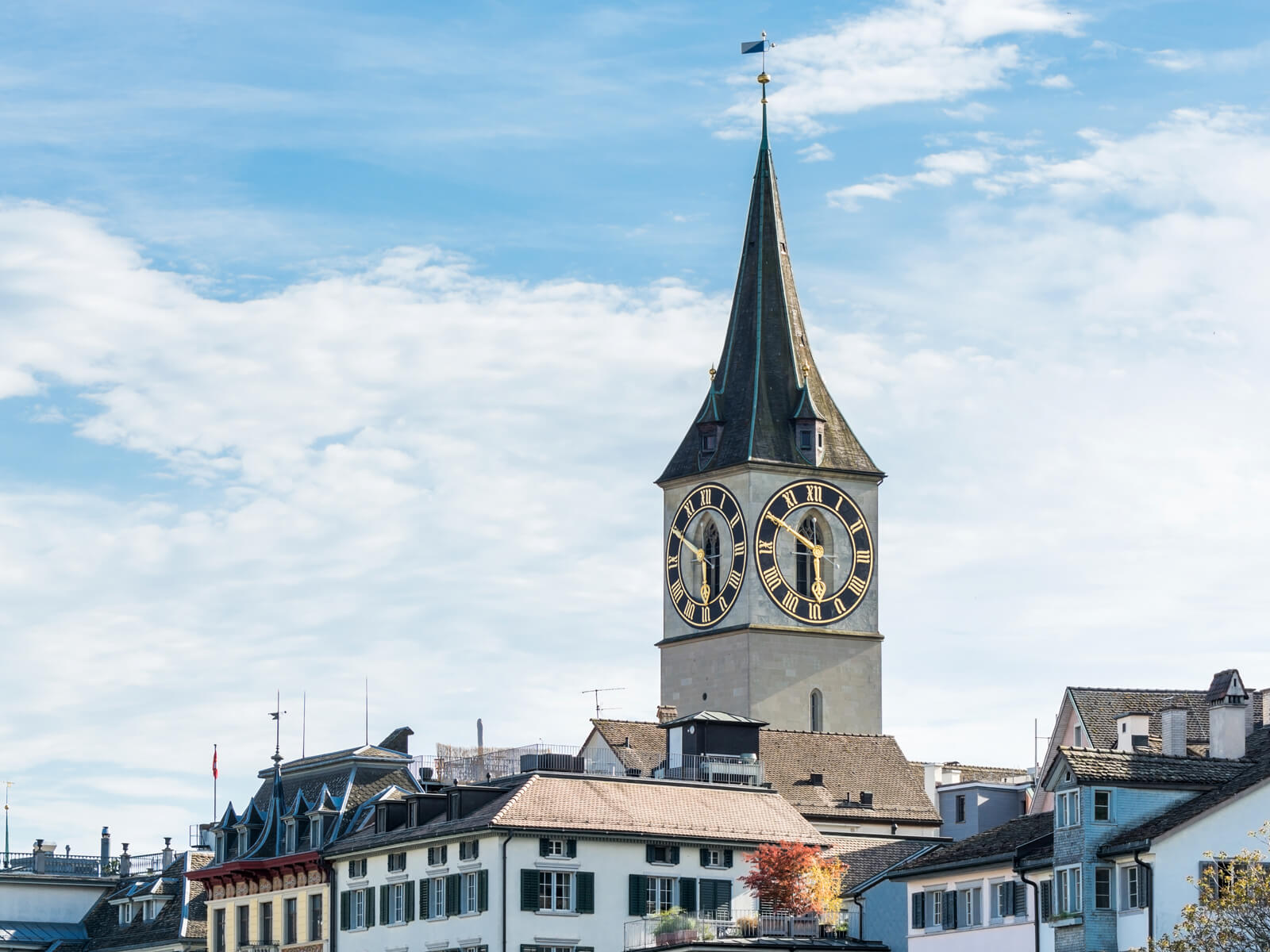
Where to experience Zurich local time
Knowing the exact time in Zurich is not a mere convenience - it's essential. It's the difference between catching your tram on time or watching it slip away, between a successful meeting and a missed opportunity.
I thought about iconic places where Zurich local time can be experienced or even seen. Hands down, below are my personal recommendations. (No pun intended!)
- Mondaine Railway Clock: The giant clock inside the Zurich main station symbolizes Swiss punctuality. It's a popular meeting point that offers a unique time experience: at the top of every minute, the clock pauses for 1.5 seconds!
- St. Peter Church Clock Face: There is hardly a better place to read the time in Zurich than on Europe's largest clock face with a diameter of 8.64 meters!
- Grossmünster: Every morning at 11 AM, listen to the timely chimes echoing from the two church towers by the River Limmat.
- Beyer Clock and Watch Museum: Right at Bahnhofstrasse, this museum is a gem for anyone fascinated by the art of timekeeping. It's not just about the clocks and watches; it's about the stories they tell and the craftsmanship they represent.
A Word about Punctuality in Zurich
In Zurich, punctuality is more than a habit; it's a cornerstone of our culture. Here, being on time actually means being a few minutes early. This unwritten rule, deeply ingrained in our daily lives, is simply a way of respecting others' time.
By showing up on time (or early), we signal that we consider our partner's time as precious as our own. Even while living abroad, I've tried embracing this cultural aspect. Whether it was for a business meeting or a coffee date, I would often be waiting on others whose time was less in sync. But at least it made me feel good to show up on time.

When Does Zurich Time Change?
Like all of Switzerland, Zurich follows the Daylight Saving Time (DST) practice, adjusting the clocks to use natural daylight during the evenings better. Here's a handy Zurich time change table outlining the next decade's DST start and end dates.
| Year | DST Start (Clock Forward) | DST End (Clock Backward) |
|---|---|---|
| 2024 | Sunday, March 31, 2:00 am | Sunday, October 27, 3:00 am |
| 2025 | Sunday, March 30, 2:00 am | Sunday, October 26, 3:00 am |
| 2026 | Sunday, March 29, 2:00 am | Sunday, October 25, 3:00 am |
| 2027 | Sunday, March 28, 2:00 am | Sunday, October 31, 3:00 am |
| 2028 | Sunday, March 26, 2:00 am | Sunday, October 29, 3:00 am |
| 2029 | Sunday, March 25, 2:00 am | Sunday, October 28, 3:00 am |
| 2030 | Sunday, March 31, 2:00 am | Sunday, October 27, 3:00 am |
| 2031 | Sunday, March 30, 2:00 am | Sunday, October 26, 3:00 am |
| 2032 | Sunday, March 28, 2:00 am | Sunday, October 31, 3:00 am |
| 2033 | Sunday, March 27, 2:00 am | Sunday, October 30, 3:00 am |
Sunrise and Sunset in Zurich
While at it, why not look at the variations in Zurich daylight hours throughout the year? Given that you've been reading about the time in Zurich, Switzerland, I assume you will find these values interesting, too. This table shows Zurich's earliest sunrises, latest sunsets, and average monthly day lengths. It gives a complete picture of how much Zurich local time you can experience at any point during the year.
| Month | Earliest Sunrise | Latest Sunset | Average Day Length |
|---|---|---|---|
| January | 8:00 AM | 5:00 PM | 9 hrs |
| February | 7:30 AM | 5:45 PM | 10 hrs 15 mins |
| March | 6:45 AM | 6:30 PM | 11 hrs 45 mins |
| April | 6:15 AM | 8:00 PM | 13 hrs 45 mins |
| May | 5:45 AM | 8:45 PM | 15 hrs |
| June | 5:30 AM | 9:15 PM | 15 hrs 45 mins |
| July | 5:45 AM | 9:00 PM | 15 hrs 15 mins |
| August | 6:15 AM | 8:30 PM | 14 hrs 15 mins |
| September | 6:45 AM | 7:45 PM | 13 hrs |
| October | 7:30 AM | 6:45 PM | 11 hrs 15 mins |
| November | 7:15 AM | 5:00 PM | 9 hrs 45 mins |
| December | 8:15 AM | 4:30 PM | 8 hrs 15 mins |
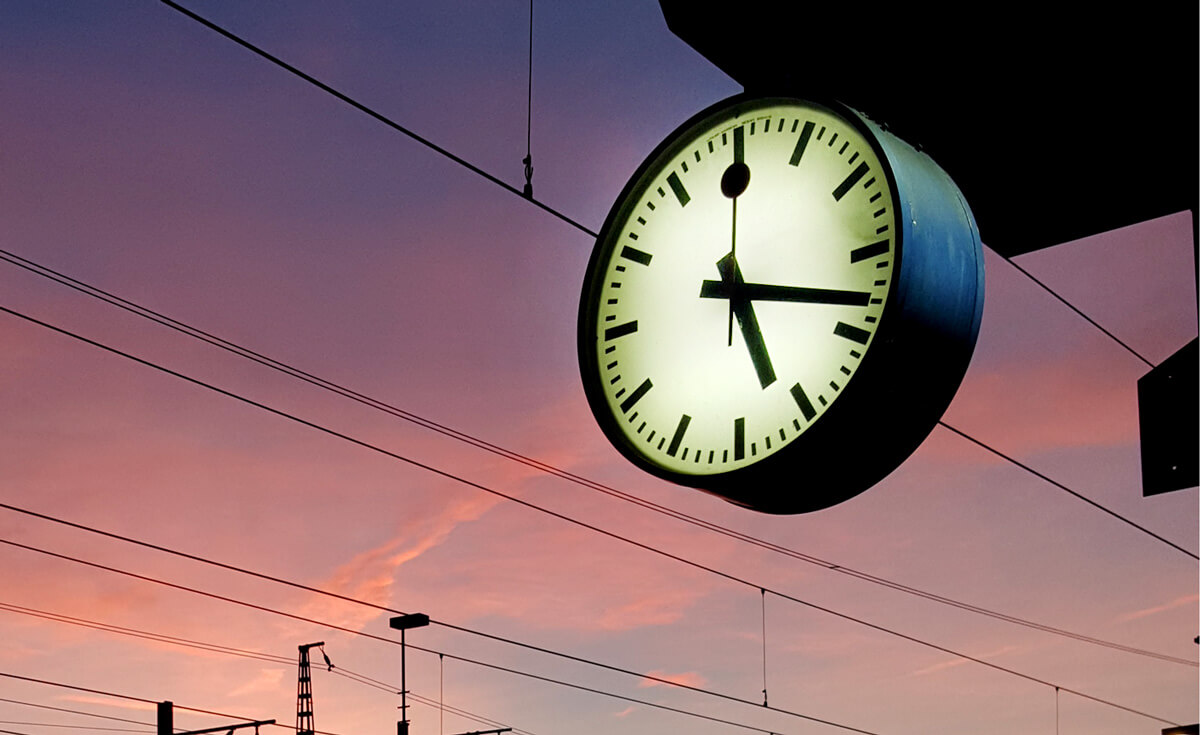
Time Difference Between Zurich and the World
Understanding the time difference between Zurich and global capitals is crucial for international communication. Here's a quick glance at how Zurich Switzerland time compares with other major cities around the world:
- Sydney, Australia: Zurich is 10 hours behind.
- Tokyo, Japan: Zurich is 8 hours behind.
- Beijing, China: Zurich is 7 hours behind.
- New Delhi, India: Zurich is 4.5 hours behind.
- Cape Town, South Africa: Zurich is 1 hour behind.
- London, UK: Zurich is 1 hour ahead.
- Rio de Janeiro, Brazil: Zurich is 4 hours ahead.
- Washington DC, USA: Zurich is 6 hours ahead.
Snapshot of Canton Zurich
Now that you've discovered the intricacies of time in Zurich let's explore the place behind the clock. Here's a snapshot of Canton Zurich regarding geography, population, and more.
- Size: 1,729 sq km
- Population: As of 2022, canton Zurich had 1.58 million residents. (Source)
- Principal Cities: Zurich and Winterthur, the beating hearts of business and culture.
- Geography: Lush valleys like Linth and Limmat, framed by the Albis Range and the serene Lake Zurich.
- Highest Peak: Schnebelhorn, standing at 1292 meters above the sea.
- Largest Lake: At 88.66 sq km, the iconic Lake Zurich is the third largest body of water within Switzerland's borders.
Key Takeaways
The essence of Zurich time can be experienced on the city's public transport network. Watch time pass at the giant Mondaine station clock or St. Peter's Church.

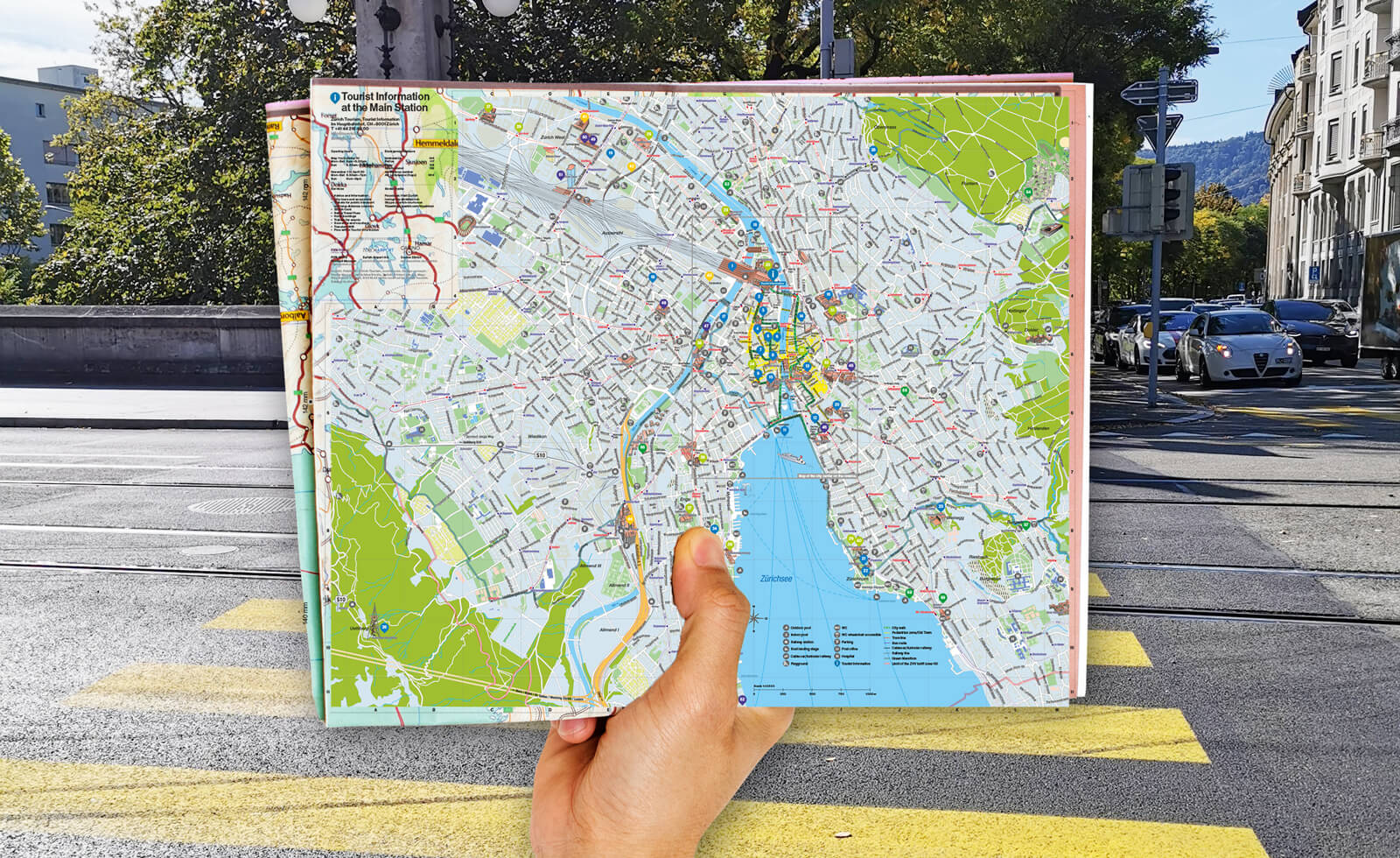
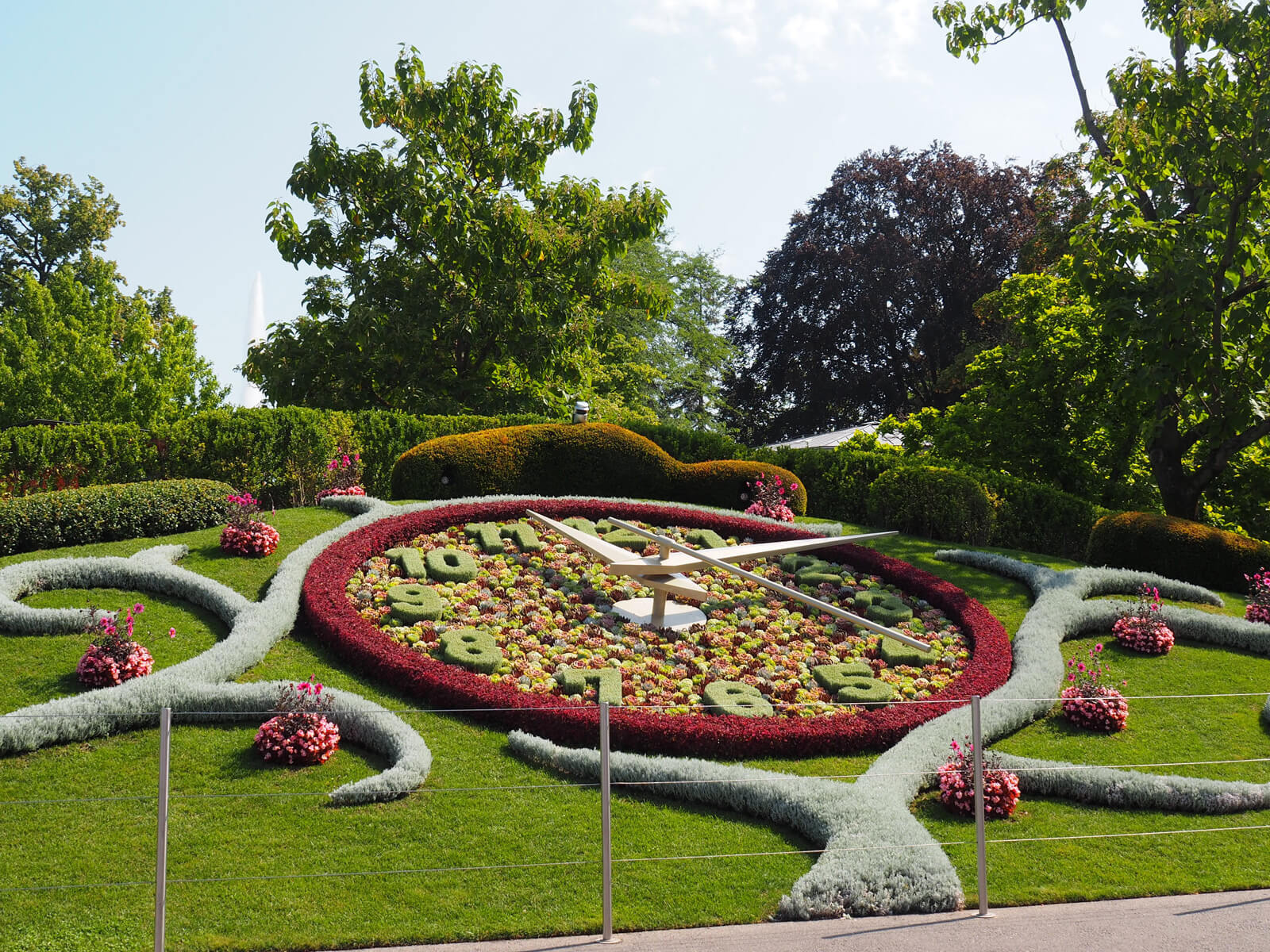

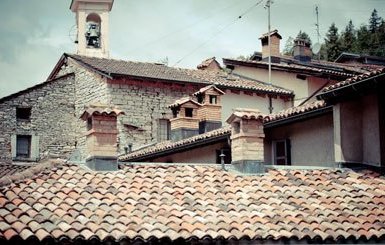


Add comment